Speaker 1: Like he's transforming, like playing school or it keeps up here.
Speaker 2: Yeah.
Speaker 3: Looking at what we're doing this week, we're building off of what we learned in thermal energy. Today, you're going to do your first four stations. Last stations as a strategy really allow for more intimate setting in my classroom. The stations include looking at the energy transformations of a hair dryer, of a lamp. There's four different intimizations going on and my students are allowed to interact one on one with each other which we can't do whole group. So, take a look at the screen. We're broken down into four different groups today. Names that are in bold, you are your group lead. In today's labs, I pre-choose the groups. I got a rooster and I did one, two, three, four, five, six, seven, eight. It was really random. Today, you're going do your first four stations so you're going to be in charge of hoping around from station to station. I do believe that random labs are just as effective as predetermined by a particular strategy lab. I've done it both ways and both have worked. You're in your first stations. You're already set. I'm going to put 10 minutes on my clock. Go. Here our [kid?], we have several pillars for character; academics, excellence, achievement, leadership. They all help my students build in those areas. So we started off with?
Speaker 4: Oh, radiant.
Speaker 3: Radiant. We went to?
Speaker 4: [?] pillar.
Speaker 3: So now go to?
Speaker 4: [?]
Speaker 3: Oh, there are some table disagreement there. I'm going to walk way. I'm going to let you our table handle it. I know if I leave your lab station and you're responsible for talking about this solar power calculator, you're being a leader by helping your team stay on task. My [kid?] treat value. You're achieving excellence by pushing past their surface level questions and getting to the deeper thinking, that’s achieving excellence. So, these stations though are very science based are still building on new character and the academic life and needs from my students.
Speaker 5: So the evidence I see that the fan turned gone and the wind comes to us.
Speaker 6: When you flip the batteries, it gives energy to the fan and then the fan gives [crosstalk]
Speaker 3: We also have this thing about accountability. So, holding yourself accountable for your own learning. So you know, if you're in a station and you really don’t get to station, the options are not for you to give up, it's to push through. All right. Look at the schedule, find your next station. When I get to zero, you should be seated, 15, 14. Because giving up with say, Okay. I don't get what she's talking about, I don't know the energy form, so let me just stay here and talk about the new shoes I'm going to get tomorrow.
That’s giving up on yourself which is giving up on your learning and that’s not an option. All right. Ten minutes on the clock. If we have questions or if we don’t understand, we can raise our hand and say, “Okay. Ms. Williams, I'm lost. I need help.”
Speaker 5: Well, the [?] it's because mechanical can either be different. It could either be you doing something or the object doing it by itself. The kinetic, it's always not moving but it's moving because it's something. Nu says that kinetic and mechanical are different but I'm asking more because like both of them move but loses because it's a form - kinetic is a form and mechanical -
Speaker 3: It's kinetical form.
Speaker 5: It like [crosstalk]
Speaker 3: I often say and my kids often say, “I'm responsible for my own learning. Putting the responsibility on the student versus the teacher, I'm responsible for 120 students.” So to make sure all 120 of them have what they need each and every day, might not happen. However, I know if I'm telling my students, “You're responsible and if you have questions, you need to make sure you're asking.” One that helps me help them be successful. Two, it lets them know across the board no matter where you are in life, you're responsible for you. The next person cannot speak for you and if you allow somebody else to speak for you, you're not going to get what you need. Everybody is responsible for completing their data table, okay? So if Luis is just not feeling it today, Luis is not going to sit there and be chilling, while me is doing all of this work, okay? Luis is responsible for Luis’s learning. Everyone is participating. It's important for my students to walk away from my class knowing that they're responsible for their education in getting what they need because in life well beyond [?] Academy and that will be the case. So I want to make sure I'm building them into the leaders and the productive society members that we'll need in their future now. So if they get that practice now and they hear those words now when they get to that stage in life, that won't be a question they’ll know I can do this because it's free.


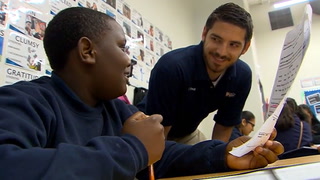
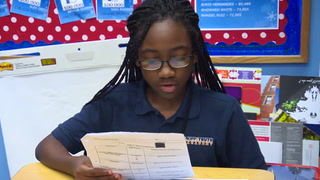
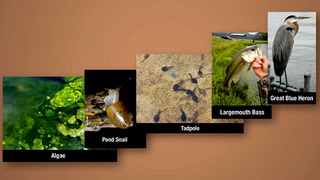
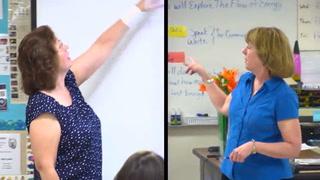
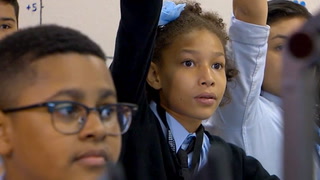
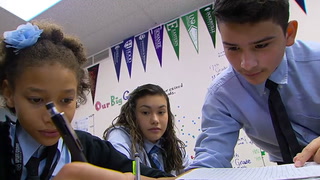
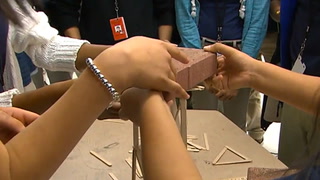
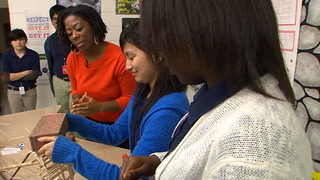
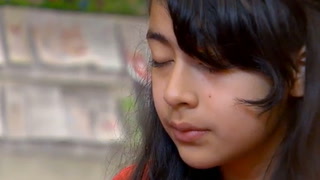
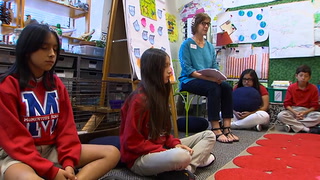
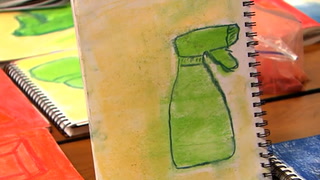
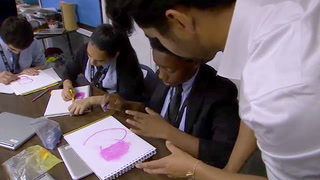
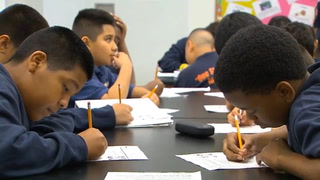
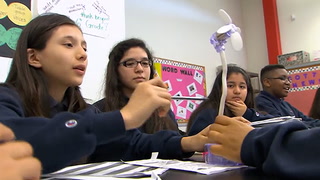









4 Comments
Maya Fitzpatrick Sep 16, 2022 11:25am
As I learn to incoorperate SEL lessons into my own science classroom, this video was a lot of help showing me that even technical science labs will still teach students important life lessons. For example, Ms. Williams talked about assigning a different lab leader each time, bringing people outside of their shell into a leadership position, along with having to think outside of the box to find solutions. It is nice to see that it doesn't always have to be such a direct approach when teaching SEL.
Liane Filkowski Jul 29, 2016 6:33pm
Patrcia Mesch Jun 15, 2016 11:40pm
eli garza Nov 4, 2015 8:54am